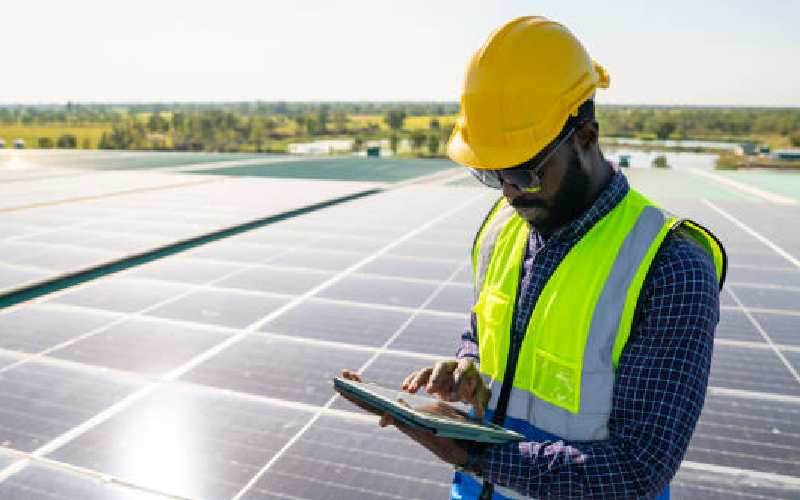×
The Standard e-Paper
Fearless, Trusted News

The number of people directly employed in decentralised renewable energy (DRE) in Kenya reached 50,000 in 2021, a new report shows.
The report by International Renewable Energy Agency titled Renewable Energy and Jobs Annual Review 2022, notes that these jobs are still largely informal.